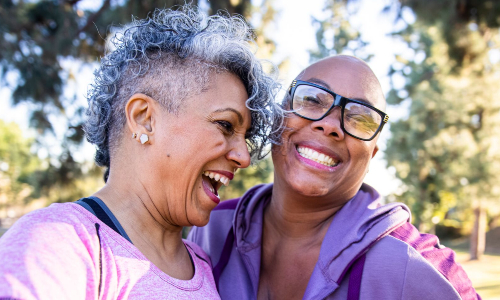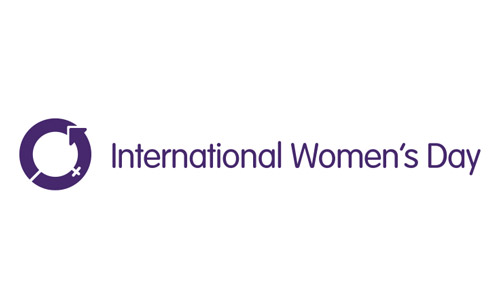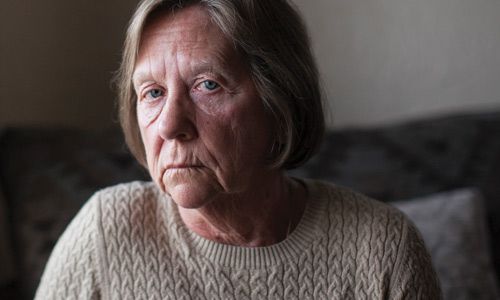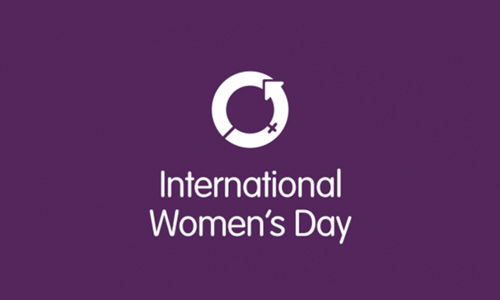Sumita is in her mid-seventies and lives in London. She has worked with women’s refuges and as a human rights campaigner, with a particular focus on gender equality and women’s rights. “All my working life I was very involved in issues around equality, equity and access to opportunities,” she explains.
Born in Calcutta, Sumita was a loved child with a large care network that included her parents, grandparents and great aunts, but even at a young age she noticed that other girls weren’t so lucky or treated so fairly. “I had an innate sense that girls were not treated fairly compared to boys,” she recalls.
Despite this observation, Sumita’s early work wasn’t as socially conscious as it would become. Raised with an open-minded and internationalist outlook, Sumita inherited her mother’s love of travel. Her passion for French literature and culture led her from India to Paris, where she lived for several years after finishing university. There she trained as an interpreter for international organisations and moved in the same social circles as artists and musicians.
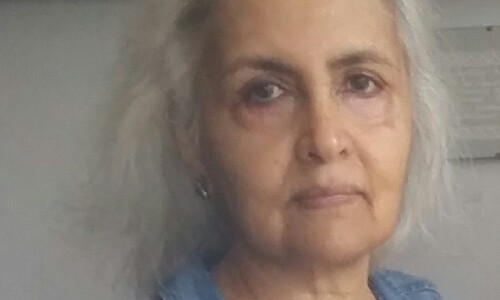
When you’ve been brought up as a much-loved child, in a supportive atmosphere, then you’re suddenly the subject of violence, you can’t believe it.
A change of focus
It was during this period that Sumita experienced violence in her personal life. “When you’ve been brought up as a much-loved child, in a supportive atmosphere, then you’re suddenly the subject of violence, you can’t believe it. It shook everything up in me.”
In part because of these traumatic experiences, when Sumita went to London in the late 1980s, she sought out women’s networks and began working for an organisation dealing with violence against women in South Asian communities. “South Asian women faced racist attitudes from white women if they went to mainstream women’s refuges.”
“I cannot stand bullies in any shape or form,” Sumita continues. “Bullies always pick on people who are weaker, or more vulnerable, than them. It’s not just an ideological or political belief for me – I’ve seen it and experienced it, so I’ve always had a deep personal commitment to helping and supporting in any way I can.”
This commitment led to pioneering work that Sumita remains proud of. “At that time, if the police were called to a scene of domestic violence, it would often be discounted and not taken seriously, even if a woman was beaten within an inch of her life. So, we fought a very hard and long battle, along with other women’s organisations across the country, for the law to be changed and for crimes like that to be recognised as grievous bodily harm (GBH). We lobbied politicians, parliamentarians and legal entities, and finally we achieved it, which was a great day for us all.”
In the last 10 years of her working life, Sumita worked for several charitable organisations and for Hackney Council, as part of their women’s unit, directly supervised by their CEO – one of the first female chief executives to be appointed by a council in the country. “We had a broad remit, both at policy level and consulting directly with women’s organisations.”

It’s because of my own experiences that I’m open to asking for help – and I’m glad I did.
Support for Sumita
Sumita was very active before the start of the COVID-19 pandemic, but with its arrival came anxieties, restrictions and loneliness. She has no immediate family in the UK, and in recent years was diagnosed with osteoporosis. This, combined with her fear of COVID, led to increasing feelings of isolation, even with good friends to speak to. “I was feeling so down and depressed,” she admits. “It became a huge strain.”
Thankfully, Sumita signed up for the Age UK Telephone Friendship Service, enjoying regular conversations with her telephone friend during the pandemic. “The first call was fun and fascinating,” says Sumita. “I felt good, more upbeat, and optimistic.” More recently, Sumita has contacted the Age UK Advice Line, to discuss financial and legal issues.
While some older people might be hesitant to engage with Age UK’s services, because they may feel uncertain about taking that first step, Sumita’s work meant she was comfortable embracing a support network when she needed to. “I think it’s because of my own experiences that I’m open to asking for help – and I’m glad I did.”

This blame, from one generation to another, is a constant distraction from the real issues.
Other issues that matter
Sumita admits she’s not as versed in frontline issues as she used to be, but there are areas that interest her. If Sumita was working now, what does she think she’d focus on? “That’s an interesting question,” she suggests. “I think working with young women and young men is so important. I hear from some of my friends who are still involved with these issues that instances of sexual violence, including rape, have gone up so much.”
Not all Sumita’s focus is on gender equality – she has concerns about the instances of intergenerational conflict she reads and hears about too. Having worked with European organisations to secure funding to combat violence against women and children, and remaining European in her outlook, Sumita was disheartened by the result of the Brexit referendum. It’s one of many situations, she says, that have been used to pit generations against each other.
“It’s really painful,” says Sumita. “Every issue you could mention we’re divided about. I hear people talk about baby boomers having it easier because education was free and housing was cheap, and I feel like screaming at the radio. It’s proportionate, because what did people earn then? Relative to that, the houses people bought were cheap, but they weren’t burdened with student loans. I think this blame, from one generation to another, is a constant distraction from the real issues. I would like the intergenerational conversation to change into a positive dialogue.”
International Women’s Day
So, what does International Women’s Day mean to Sumita? “Some people might say, ‘What’s the point in it?’ Well, it depends how you make use of it. It should be a focal point during the particularly turbulent times we’re living through, because many women are still so vulnerable. But it’s not just a women’s fight – it’s a fight for everyone.”
Campaign with us
It's vital the Government listen to the needs of older people. Together with our campaign community, we push for change.


